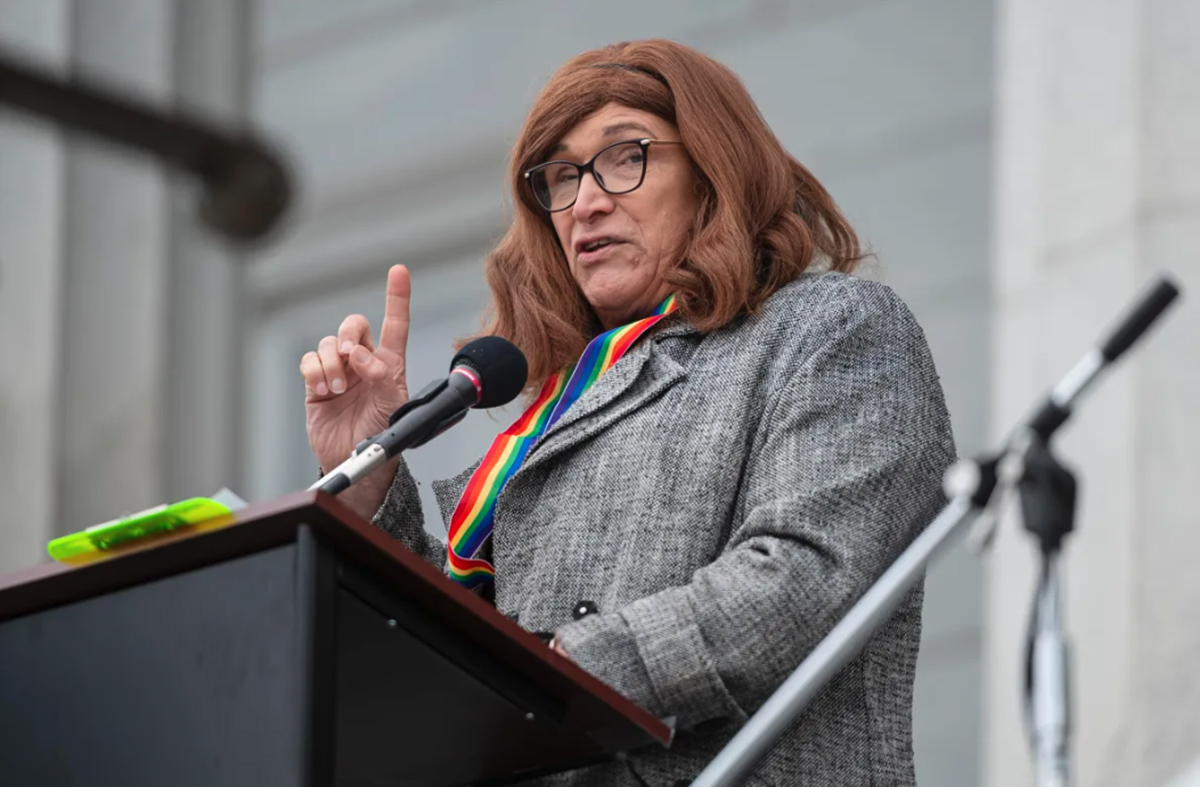By Klara Bauters / VTDigger
Vermont has been awarded $5.3 million from the federal government to implement its Digital Equity Plan — which outlines how the state will provide individuals and communities with the tools and skills necessary to benefit from meaningful access to affordable, reliable, high-speed internet service.
“Internet and broadband. It’s no longer a luxury. It’s an essential service,” Patty Richards, chair of the Vermont Community Broadband Board, said at a press conference on Thursday morning announcing the award.
Digital equity means all individuals and communities have access to the internet, technology, and digital skills needed to engage fully in modern life.
Recent data found that communities lacking fiber internet connection have more than double the number of low-income families compared with those who do have access, said Christine Hallquist, executive director of the Vermont Community Broadband Board, which will distribute the federal funding.
“The digital divide is not just a technological gap. It is an economic divide that impacts our communities and our families,” Hallquist said.
By 2035, Vermont’s Digital Equity Plan would ensure reliable and affordable broadband for all households, with 70% of eligible residents accessing cost relief and 95% having a device. According to Britaney Watson, the digital equity officer of the Vermont Community Broadband Board, which developed the plan, Vermont’s plan has five components.
The first program is a capacity-building initiative to fund local organizations serving populations most affected by the digital divide. The other programs include a regional initiative to improve access to devices used to access the internet and a statewide digital navigator program to provide personalized support for accessing digital resources.
The grants awarded to Vermont are part of the federal government’s $1.44 billion Digital Equity Capacity Grant Program, one of three grant programs through the Digital Equity Act — an initiative from the National Telecommunications and Information Administration that focuses on reducing digital disparities by providing resources and support to under-connected populations.
The act also identified the eight populations most negatively impacted by the digital divide: incarcerated people, people with low income, veterans, people with disabilities, people who are learning English, people who are older than 59, people who are members of a racial or ethnic minority group, and people who live in a rural area.
“In rural Vermont, some of our towns have been left behind with slow internet service and not being able to participate in our modern way of life,” Richards said. “We need access, regardless of a person’s income, education, physical abilities, or just your general place in life.”
Connectivity could provide new opportunities in the state’s prison system, Hallquist said, by investing in digital infrastructure to offer certification and training programs that prepare people to reintegrate into society.
Burlington resident Brandy Rose was recently released from prison and spoke at the press conference about how digital inequity impacted her life.
“While you’re incarcerated, you don’t really have the access to find jobs or housing, and you rely on your caseworker to help you do all of these things,” Rose said. “Unfortunately, I was released with nothing. If we’d had more access, I would probably be in better housing right now, and I would probably have a job.”
Family farms could similarly benefit from fiber connections. Hallquist described a woman managing a 900-acre farm in the Northeast Kingdom who drives more than 100 miles a day to check crop moisture levels.
“Imagine how remote monitoring technology could free her from that time-consuming task, allowing her to focus on more valuable activities,” Hallquist said, emphasizing how broadband could improve efficiency and access to high-margin markets.
The state broadband board plans to begin implementation of the project in January 2025.




